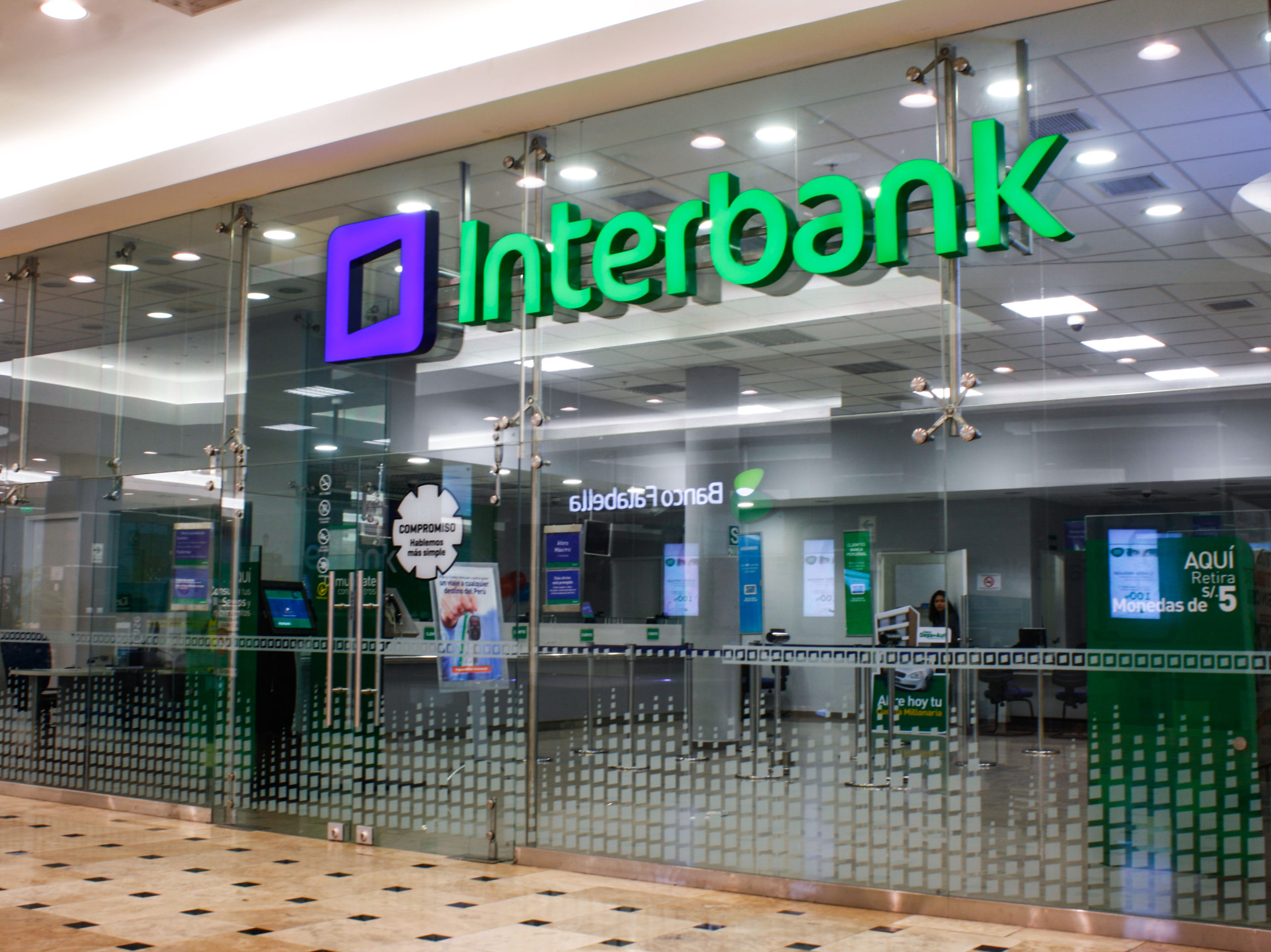- Concerns Over Interest Rates, Capacity, as DBN Kicks Off With N398.45b
With about 70,000 micro, small and medium enterprises seeking various forms of financial intervention to take their businesses to the next level, there are concerns about the ability of the Development Bank of Nigeria (DBN) to meet such demands with its $1.3 billion (N398.45 billion:N306.5/$1) start-up capital.
After over two years of delay, the Development Bank of Nigeria (DBN) is set to take off following the approval of its operating license by the Central Bank of Nigeria (CBN) and would have to battle with a growing market of small businesses, many of which are unstructured and seek access to finance at single-digit interest rates.
With a major mandate to spur growth through financing of projects, particularly the medium, small and medium scale industries, the $1.3 billion (N398.45billion) Development Bank of Nigeria is jointly funded by the World Bank (WB), KfW (German Development Bank), the African Development Bank (AfDB) and the Agence Française de Development (French Development Agency). The bank is also finalising agreements with the European Investment Bank (EIB) for more investment.
The newly-licensed bank however dismissed concerns saying that it will finance 20,000 micro, small and medium enterprises (SMEs) in the first year of its operation.
Its Managing Director, Tony Okpanachi, said part of the strategies of the bank was to de-risk the sector by making sure that loans were provided at a longer period of 10 years with a moratorium that would enable the loans to be repaid within 12 years.
He said the loans would be given at a competitive rate, adding that this would be used to promote the development of the sector.
Okpanachi said: “DBN is a new dawn for MSMEs because we will provide small businesses with funds and this will create the needed impact on the economy.
“We will create a sustainable finding model and also ensure financial inclusion through access to funding.
“We are also looking at more female participation and about 20,000 SMEs will be funded in the first year of our operation.”
Okpanachi said the bank would not be dealing directly with individuals, but rather through their conventional bankers like microfinance and commercial banks.
On the DBN operations, the Ministry of Finance explained that the DBN will provide loans to all sectors of the economy including, manufacturing, services and other industries not currently served by existing development banks thereby filling an important gap in the provision of finance to Micro, Small and Medium Enterprises (MSMEs).
In his reaction, President of the Manufacturers Association of Nigeria (MAN), Dr. Frank Jacobs believes the bank’s capital base is strong to meet the demands of SMEs adding that it would be a support to the efforts of the Bank of Industry (BoI) in addressing the financing needs of the real sector of the economy.
Chief Executive Officer of Financial Derivatives Limited, Bismarck Rewane, said the $1.3 billion take off fund is huge, considering the exchange rate and represents more than 12 commercial banks’ minimum capital base.
He dismissed concerns over duplication of roles, saying that the new bank is focused on small businesses, not industries, as well as provision of funds for that purpose to commercial banks, which will in turn meet the needs of the small businesses.
“It is a commendable move. If this segment does not exist today, Nigeria would have stopped existing and we must ensure their sustainability to go forward,” he said.
“The more the merrier. The initial proposal was to scrap BoI and BoA but it didn’t happen. A mix of financial needs and this will further have impact on the real sector. Development banks usually have concessionary rates and their rates are generally lower and better than that of commercial banks”, Director-General of the Lagos Chamber of Commerce and Industry (LCCI), Muda Yusuf added.
On the number of financial institutions that will work with DBN as participating financial institutions, the ministry noted that banks and financial institutions that meet up with a full set of eligibility requirements will be qualified to receive funds from the bank, adding that the operations of the DBN will not in any way, result in the elimination of the Bank of Industry (BoI), Bank of Agriculture (BOA) or any other existing development bank.
Operators in the real sector had raised objection on the repealing of BoI Act in order to set up the DBN.
Addressing concerns, the Ministry of Finance said: “The operations of the DBN is distinct from other development banks as it is focused on supporting small businesses defined by size and not by sectors.
“The DBN will provide loans to all sectors of the economy including, manufacturing, services and other industries not currently served by existing development banks thereby filling and important financing gap.
“The influx of additional capital from the DBN will lower borrowing rates and the longer tenure of the loans, will provide the required flexibility in the management of cash flows, giving businesses the opportunity to make capital improvements and acquire equipment or supplies.
“As the economy diversifies, the growth of the MSME sector will have a positive impact on the economy through employment generation, wealth creation and economic growth”.
Already, the Bank has completed the recruitment of the executive management team ahead of its date of commencement of operations.


 Billionaire Watch2 weeks ago
Billionaire Watch2 weeks ago
 Startups4 weeks ago
Startups4 weeks ago
 News4 weeks ago
News4 weeks ago
 News4 weeks ago
News4 weeks ago
 Bitcoin4 weeks ago
Bitcoin4 weeks ago
 Naira4 weeks ago
Naira4 weeks ago
 Forex3 weeks ago
Forex3 weeks ago
 Treasury Bills4 weeks ago
Treasury Bills4 weeks ago
























